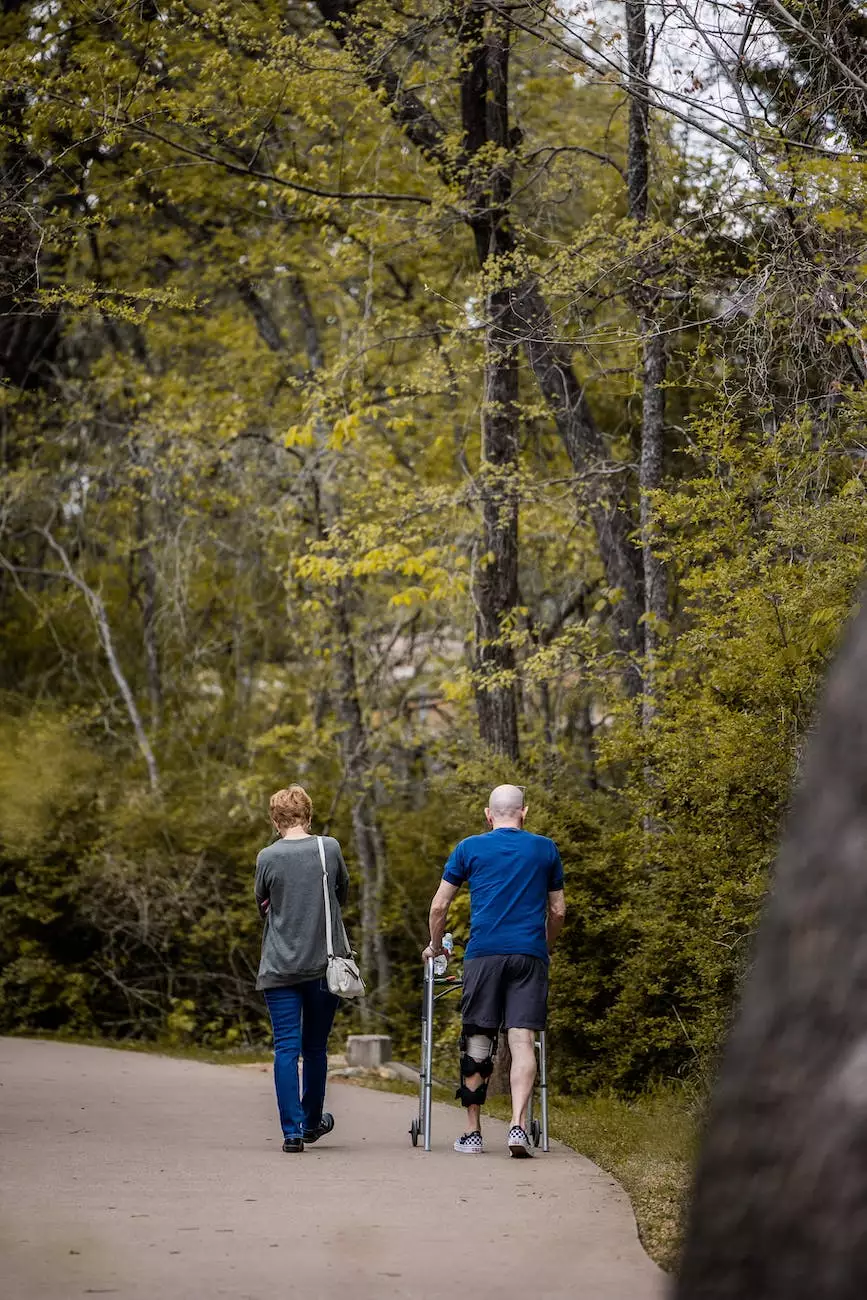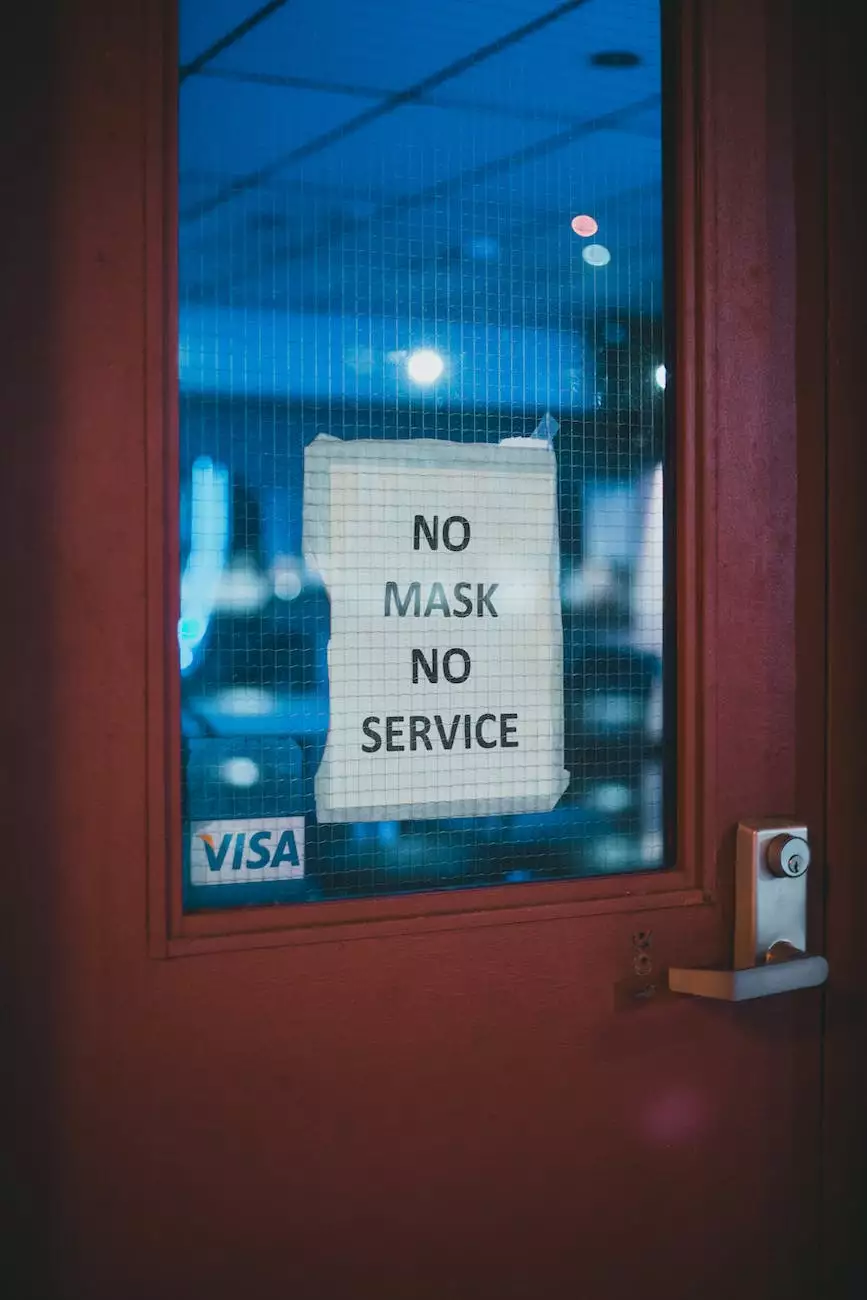When and When Not to Move Your Car After a Crash
Trucking Safety
Introduction
Welcome to the informative guide on when to move your car after a crash. In the unfortunate event of a car accident, knowing whether to move your vehicle or leave it at the crash site can greatly impact your safety and potential legal consequences. In this detailed article, we will provide you with essential insights and expert advice to help you make the right decision based on various factors.
Why Is This Decision Important?
Understanding the importance of when to move your car after a crash is crucial for several reasons. Firstly, it affects the safety of you and those involved in the accident. Secondly, it can affect insurance claims, liability determination, and even legal consequences you may face. By following the appropriate steps, you can protect your rights and ensure a smoother process moving forward.
Factors to Consider
1. Immediate Safety
When deciding whether to move your car after a crash, the immediate safety of you and others involved should be the top priority. If it is safe to do so and your vehicle poses a risk to oncoming traffic, it is advisable to move it to a designated area away from the road.
2. Extent of Damage
The extent of damage to your vehicle is an important factor in determining whether to move it. If the damage is minimal and your car is still operable, moving it to the side of the road may be appropriate. However, if the damage is severe, it is best to leave your car in place until authorities arrive to assess the scene.
3. Injuries
If anyone involved in the accident has sustained injuries, it is crucial to prioritize their immediate medical needs. In such cases, moving the vehicles may not be necessary until medical help arrives, especially if it could cause further harm or discomfort.
4. Traffic Conditions
Consider the prevailing traffic conditions before deciding to move your car after a crash. If moving your vehicle would expose you to potential hazards or impede the flow of traffic, it is advisable to leave it in its current position until authorities provide further instructions.
5. Legal and Insurance Considerations
When determining whether to move your vehicle after a crash, it is important to consider the potential impact on legal and insurance proceedings. Moving the car without appropriate documentation or consent could complicate matters and hinder your ability to file accurate insurance claims or establish liability in the event of legal proceedings.
Actions to Take
1. Assess the Situation
Once you have considered the factors mentioned above, carefully assess the situation and decide whether moving your car is necessary. Take into account the safety of all parties involved and the condition of the vehicles.
2. Contact Authorities
If the accident is serious or involves injuries, contact the relevant authorities immediately. They will guide you through the process and provide instructions on whether or not to move your vehicle.
3. Document the Scene
Prior to moving your car, document the accident scene by taking photographs or videos. These visual records can assist with investigations, insurance claims, and any legal proceedings that may arise.
4. Inform Insurance Company
Contact your insurance company as soon as possible to report the accident. Provide them with accurate details and let them know whether you have moved your car or left it at the scene. This will help facilitate the claims process.
5. Seek Legal Advice
If the accident involves significant damage, injuries, or legal complications, it is advisable to seek legal advice from a reputable law firm specializing in personal injury and car accident cases. The Law Office of Stanley E. Robison, Jr is experienced in handling such matters and can provide expert guidance tailored to your specific situation.
Contact the Law Office of Stanley E. Robison, Jr
For expert legal advice and representation in personal injury cases, car accidents, and other legal matters, contact the Law Office of Stanley E. Robison, Jr today. Our dedicated team of experienced attorneys is committed to protecting your rights and ensuring you receive the compensation you deserve. Don't hesitate to reach out for a free consultation.









